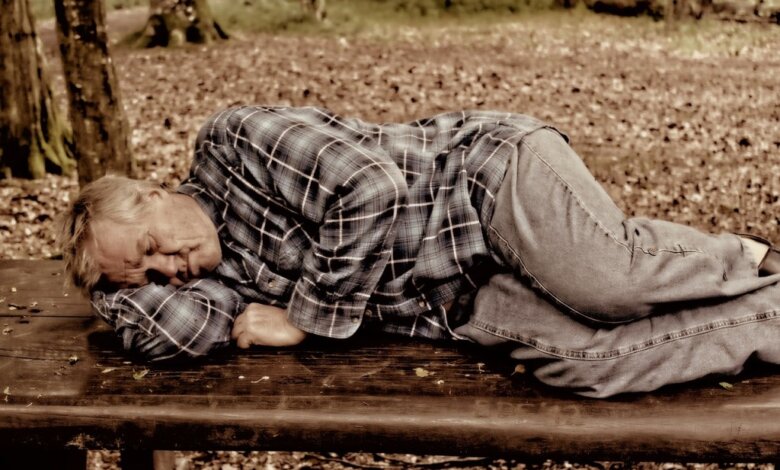Sleep Training May Help To Reduce Prejudice Beliefs


Scientists have found that manipulating the way the brain works while sleeping can reduce unconscious bias, making people less prejudiced while they’re awake.
A team at Northwestern University Chicago were able to trigger thoughts of an exercise performed earlier that day by playing sounds to people as they slept. The trial was performed on 40 people and published in the journal named Science. The trial showed that changes in thought lasted for at least seven days after the exercise was performed, triggering experts to say that the method could be used in a number of situations.
The team at Northwestern have said that racial and gender prejudices are common but may not be intentional. They have spoken of real world examples of prejudice such as people choosing men over women even though they have the same job applications or choosing to shoot black characters more than white ones in video games.
At the start of the study participant’s prejudices where recorded using a series of tests which are publicly available on the internet. These tests take 5-10 minutes and record biases for a number of different categories, for example young versus old, male versus female as well as religious groups and nationalities. The tests, which are made available by Harvard University, use a combination of words and pictures which participants must sort into between two and four categories according to association. Results are based on the number of wrong associations made and on the speed in which each part of the test is carried out, so the tests must be carried out as fast as the participant can manage.
The test subjects were then given counter bias training during which photos of faces were shown alongside words that didn’t uphold widely-held stereotypes. For example females faces could be paired with words like science. During the counter-bias training, the Northwestern team played distinctive sounds and these sounds were quietly played again when the test subjects took a 90 minute afternoon nap. The study resulted in a reduction in the score of gender and racial bias during subsequent testing and the reduction lasted for at least a week in many of the test subjects.
The director of the cognitive neuroscience program at Northwestern University Professor Ken Paller has said that the participants only took tests to reveal if their biases had reduced and so experiments where people interact with other people are needed in order to find out the true effects of the method used. He also said that modifying unconscious social bias is quite likely to impact how much decisions are dictated by racist and sexist attitudes. He also says that addiction may be able to be reduced with the methods used in the study.
Gordon Fels and Jan Born from the University of Tubingen have said “This is the first to demonstrate that this method can be used to change long-lived, highly pervasive response habits deeply rooted in memory”. But they did warn that people don’t have ‘wilful consciousness’ during sleep and it is a vulnerable state. Because of this, there are ethical considerations that need to be focussed upon to avoid practices becoming reminiscent of Aldous Huxley’s dystopian ‘brave new world’ in which children are conditioned to have certain values during their sleep.
Professor Paller has said that the method bears similarities to subliminal advertising so ethics should be a big consideration. However, he has also suggested that people in positions of authority such as judges and police officers should have their unconscious bias tested and maybe be sleep-trained so that they can be less prejudiced.
It will be interesting to see what further research into the area will tell us about the methods used in this study and the longevity of the results. Self hypnosis audio designed to be listened to while asleep has been available for some time and works for some people, while some believe that they are able to learn and remember things better if a recording of the information is played to them while they are asleep or early in the morning. However, the two step process of the method used in the study by Northwestern University may prove to be more beneficial to the people on which it is used.




